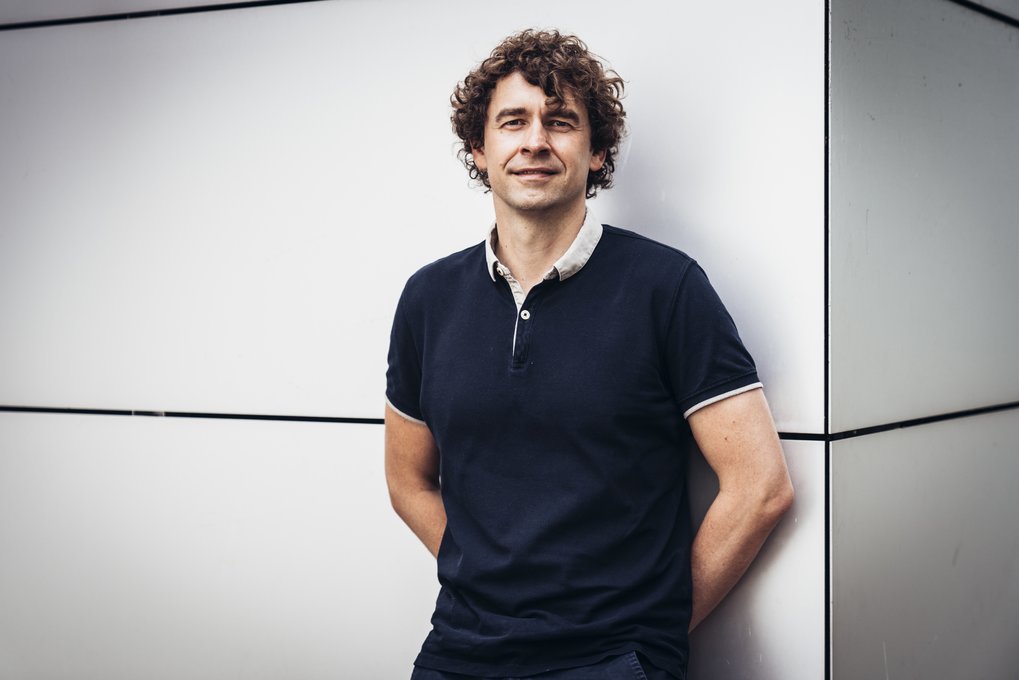The award for outstanding research contributions and achievements concerning human origins and evolution will be presented on September 25, 2020 by the Accademia Nazionale dei Lincei

Professor Johannes Krause, director of the Department of Archaeogenetics at the Max Planck Institute for Evolutionary Anthropology in Leipzig, Germany, has won the "Fabio Frassetto" International Prize for Anthropology from the Accademia Nazionale dei Lincei. The award will be presented at the Closing Ceremony of the Academic Year 2019-2020 on 25 September 2020. Due to the ongoing Covid-19 pandemic, this year's awards ceremony will be held in virtual format.
Johannes Krause was nominated for his work focusing on the analysis of ancient human DNA. He was selected for this year's prize, along with Professor Davide Pettener, by a committee appointed by the Class of Physical, Mathematical, and Natural Sciences of the Accademia Nazionale dei Lincei.
Prof. Krause's work investigates such topics as pathogens from historic and prehistoric epidemics, human genetic history and human evolution. He has also contributed to deciphering Neanderthal genetics and the shared genetic heritage of Neanderthals and modern humans. In 2010, while working at the Max Planck Institute for Evolutionary Anthropology in Leipzig, he discovered the first genetic evidence of the Denisovans, an extinct form of human first discovered in Siberia.
His recent work includes revealing the genetic heritage of ancient Mediterranean cultures, uncovering the source of the epidemic plague bacteria that periodically caused historic and prehistoric epidemics in Europe, and clarifying the complex history of Europe's prehistoric mass migrations. Together with the journalist Thomas Trappe, Prof. Krause is the author of the Spiegel Bestseller Die Reise unserer Gene: Eine Geschichte über uns und unsere Vorfahren. The English translation, titled A Short History of Humanity: A New History of Old Europe, will be available in April 2021.
"I'm greatly honored to receive the Fabio Frassetto prize, named after one of the founders of biological anthropology. Novel bioarchaeological methods, such as archaeogenetics, have provided unprecedented insights into human history and evolution on all continents over the last decade. I'm extremely blessed to be part of that revolution," says Prof. Krause.






